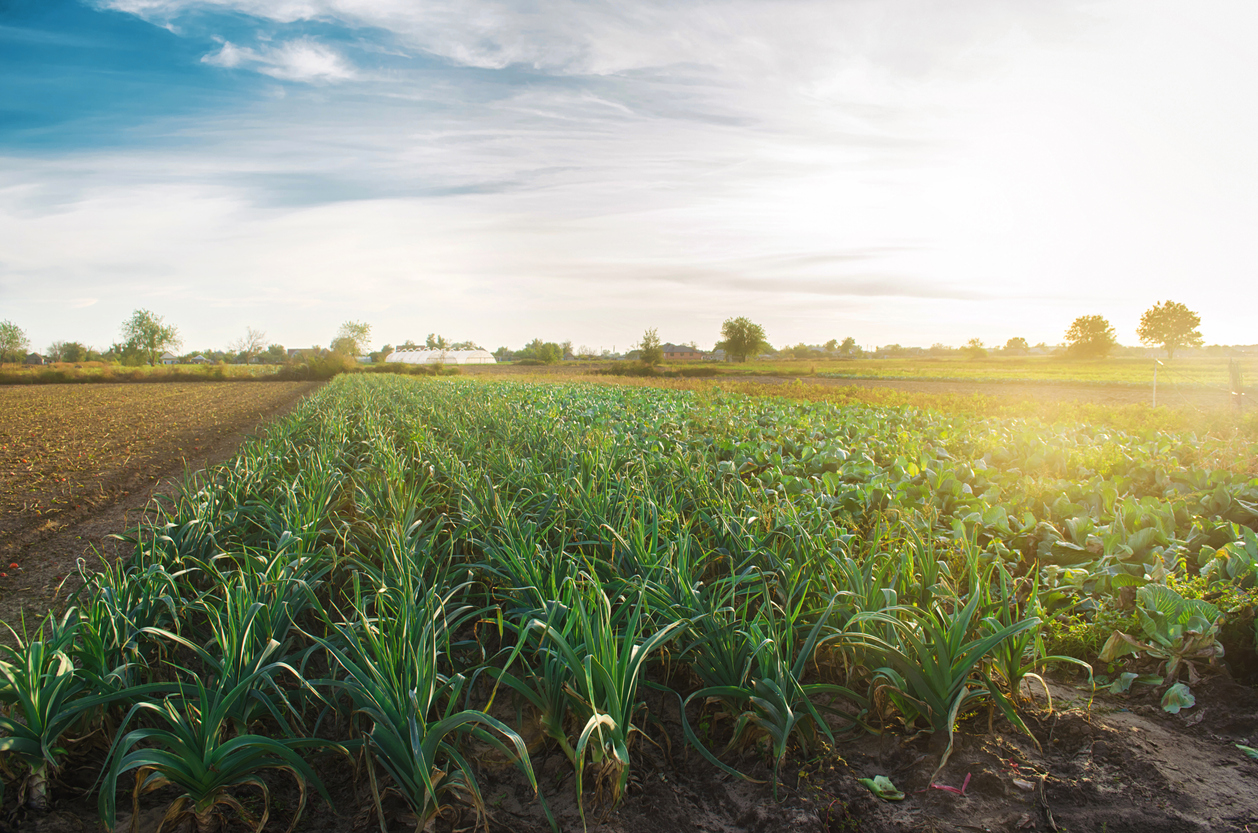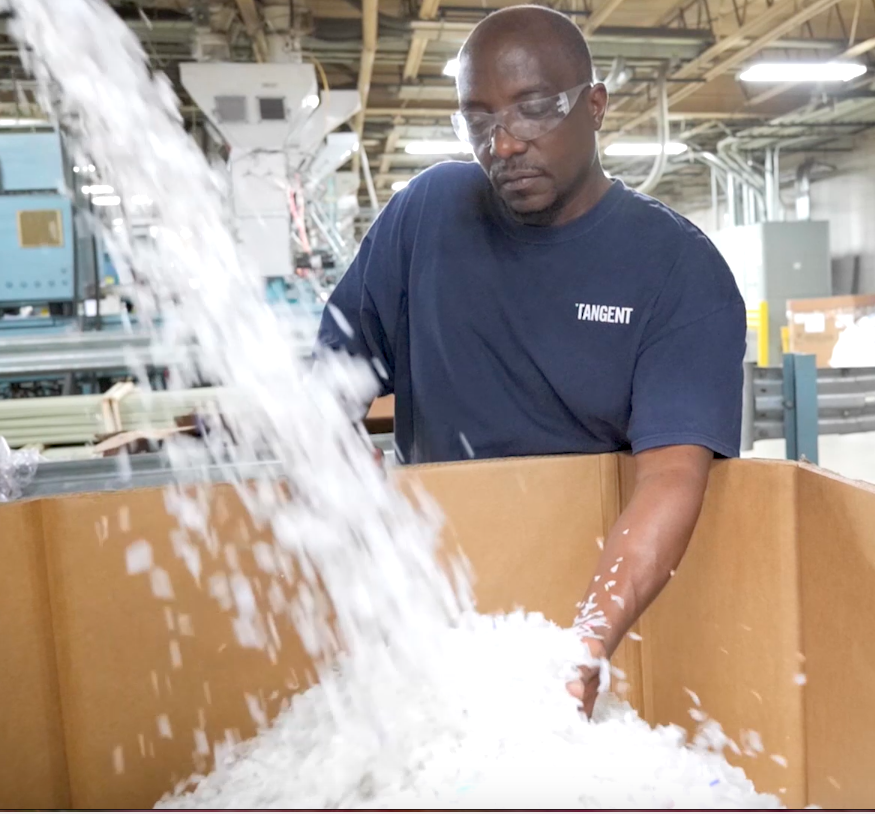Ways To Make Your Farm More Eco-Friendly

Leek plantations in the bright sunny day. Growing organic vegetables. Eco-friendly products. Agriculture and farming. Agribusiness. Plantation cultivation. Selective focus
Apply these ways to make your farm more eco-friendly and also benefit from savings. Farming is essential for feeding the world by raising crops and animals and creating other products, such as those composed of plant fibers. Due to how large-scale farming is today, however, the agricultural industry can pose problems for the environment. Farms may deplete natural resources and disperse harmful chemicals into their surrounding areas. Environmentally-friendly farming is becoming more popular as it benefits the world as well as the farmers themselves.
Conserve Water
Plants need water to grow and remain healthy, but if you aren’t careful, you may use more than necessary. It’s also possible for a farm’s arrangement to lead to water waste. Since water is a limited resource, you should take action to combat this tendency. Techniques such as drip irrigation can allow you to save water by transporting it straight to the roots of your crops, minimizing the occurrence of evaporation. Keeping a close eye on ground moisture and weather can also allow you to deliver water to crops at the right moments and avoid overwatering.
Practice Crop Rotation
As you may well know, continuously planting the same type of crop can deplete soil of nutrients. Furthermore, leaving the earth uncovered for extended periods of time can promote erosion and weed growth. To make farming more sustainable for years to come, crop rotation is a must. A well-considered variety of plants can replenish the health of the ground so that you can continue using it in the long term. Including cover crops such as clover in your rotation is useful for preventing the soil from becoming overly compact, which can reduce its ability to soak up water.
Introducing livestock can also give certain crops a purpose as feed and provide nutrients to the ground in the form of manure. This reduces the need for artificial fertilizers that could disrupt the local ecosystem.
Build with Plastic Wood
Wood is a common building material for farm structures such as fences, stables, and other applications. Unfortunately, wood can quickly deteriorate, and it may need chemical treatments to protect it from pests and moisture. These chemicals can be hazardous when people work with them. Moreover, when wood breaks down, you must obtain more to replace it and use up more resources as a result.
Using Tangent’s plastic wood products instead is one way to make your farm more eco-friendly. Plastic wood made from HDPE comes from recycled postconsumer waste products. Examples are plastic bottles and containers that would normally go straight into polluting landfills. Additionally, plastic wood doesn’t need any chemical additives to remain steadfast in outdoor farming conditions. Since it’s inherently resistant to water, decomposers, and sunlight, you don’t need to worry about treating it or replacing after a short period of time. Recycled plastic building materials in the form of lumber-like boards are thus truly helpful for anyone concerned about their environmental impact.
Visit our page on agricultural applications for plastic lumber if you’re interested in learning more.












